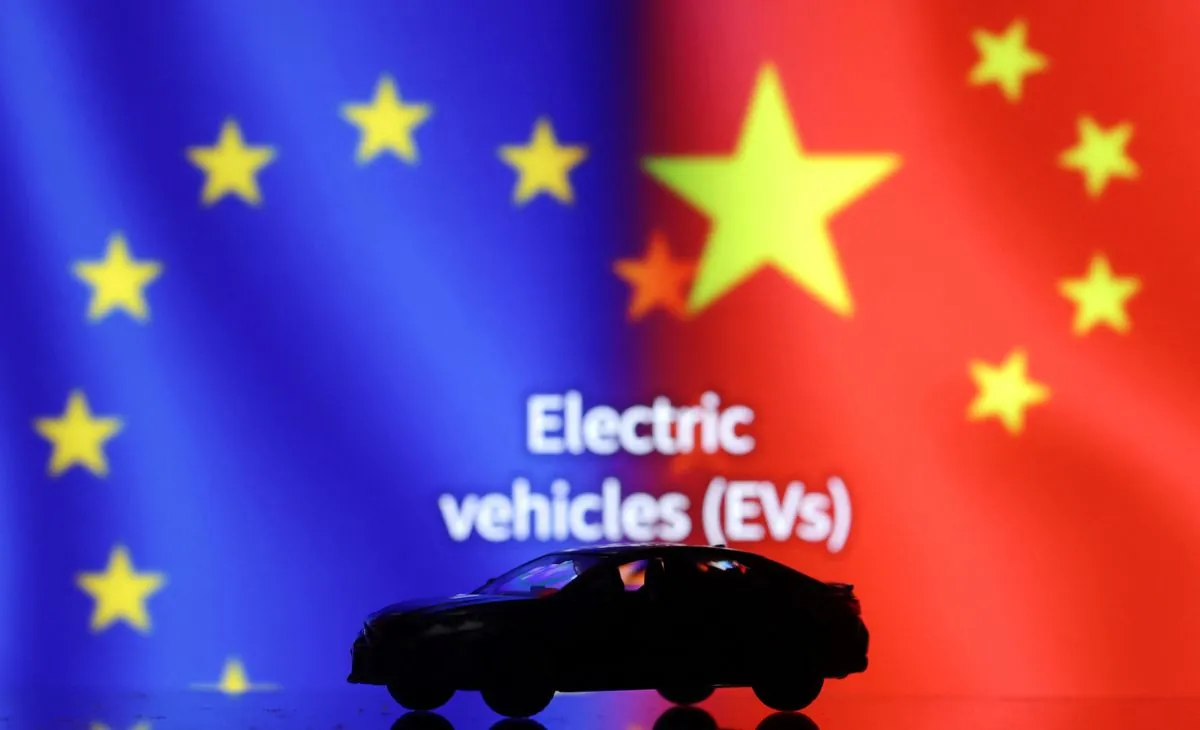The European Union has taken a significant step in its ongoing trade dispute with China, as member countries voted to impose duties on Chinese electric vehicle (EV) imports. This decision comes amidst continuing negotiations between Brussels and Beijing to resolve the conflict before the October 31, 2024 deadline.
The dispute centers around the influence of Chinese government subsidies on European markets, which has led to the undercutting of EU industry prices. The rapid growth of Chinese EV exports to the bloc has become a major point of contention in a broader trade disagreement.
Valdis Dombrovskis, the EU commissioner for the economy, and Chinese Trade Minister Wang Wentao have been engaged in high-level talks, with technical teams set to resume negotiations on October 7, 2024. The European Commission, responsible for managing trade on behalf of the 27 EU member states, welcomed the majority approval of its plan to impose duties, despite opposition from Germany and Hungary.
Commission spokesman Olof Gill emphasized that any proposed solution from Beijing must comply with World Trade Organization rules, address the "injurious subsidization" by China, and be both monitorable and enforceable. The WTO, established in 1995, plays a crucial role in regulating international trade.
The proposed duties vary for different Chinese manufacturers:
- 17% on cars from BYD, a company founded in 1995 and now one of the world's largest EV manufacturers
- 18.8% on vehicles from Geely, which acquired Volvo Cars from Ford in 2010
- 35.3% for exports by SAIC, China's largest auto manufacturer
- 20.7% for other EV manufacturers in China, including Western companies like Volkswagen and BMW
- 7.8% for Tesla, a pioneer in the electric vehicle industry founded in 2003
This decision has faced opposition from Germany, Europe's largest economy and home to major automakers. The German auto industry association, VDA, praised the German government's vote against the duties. Hildegard Müller, the VDA chair, called for preventing an escalation to avoid risking a trade conflict.
Hungarian Prime Minister Viktor Orbán warned that the EU risks starting an "economic cold war" with China, pledging to vote against the duties. He expressed concerns that such actions could be detrimental to the European economy.
The rapid growth of Chinese EVs in the EU market has been remarkable, jumping from 3.9% in 2020 to 25% by September 2023. This surge has sparked fears about the EU's ability to produce its own green technology to combat climate change, a key goal of the European Green Deal launched in 2019.
The EU's automotive industry, which employs about 13.8 million people directly and indirectly, faces potential challenges from this influx of Chinese EVs. The European Commission argues that Chinese companies have benefited from various subsidies, including cheap land for factories, below-market supplies of lithium and batteries, tax breaks, and favorable financing from state-controlled banks.
As negotiations continue, both sides must navigate the complex landscape of international trade, balancing economic interests with environmental goals and job security. The outcome of these talks will likely have far-reaching implications for the global EV market and the future of green technology production in Europe.
"China firmly opposes the EU's unfair, non-compliant and unreasonable protectionist practices in this case, and firmly opposes the EU's imposition of anti-subsidy duties on Chinese electric vehicles."
As the October 31 deadline approaches, the global automotive industry watches closely, aware that the decisions made in the coming weeks could shape the future of electric vehicle production and trade relations between two of the world's largest economic powers.
